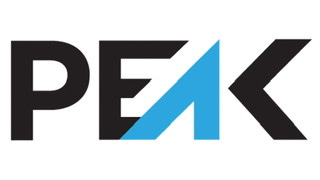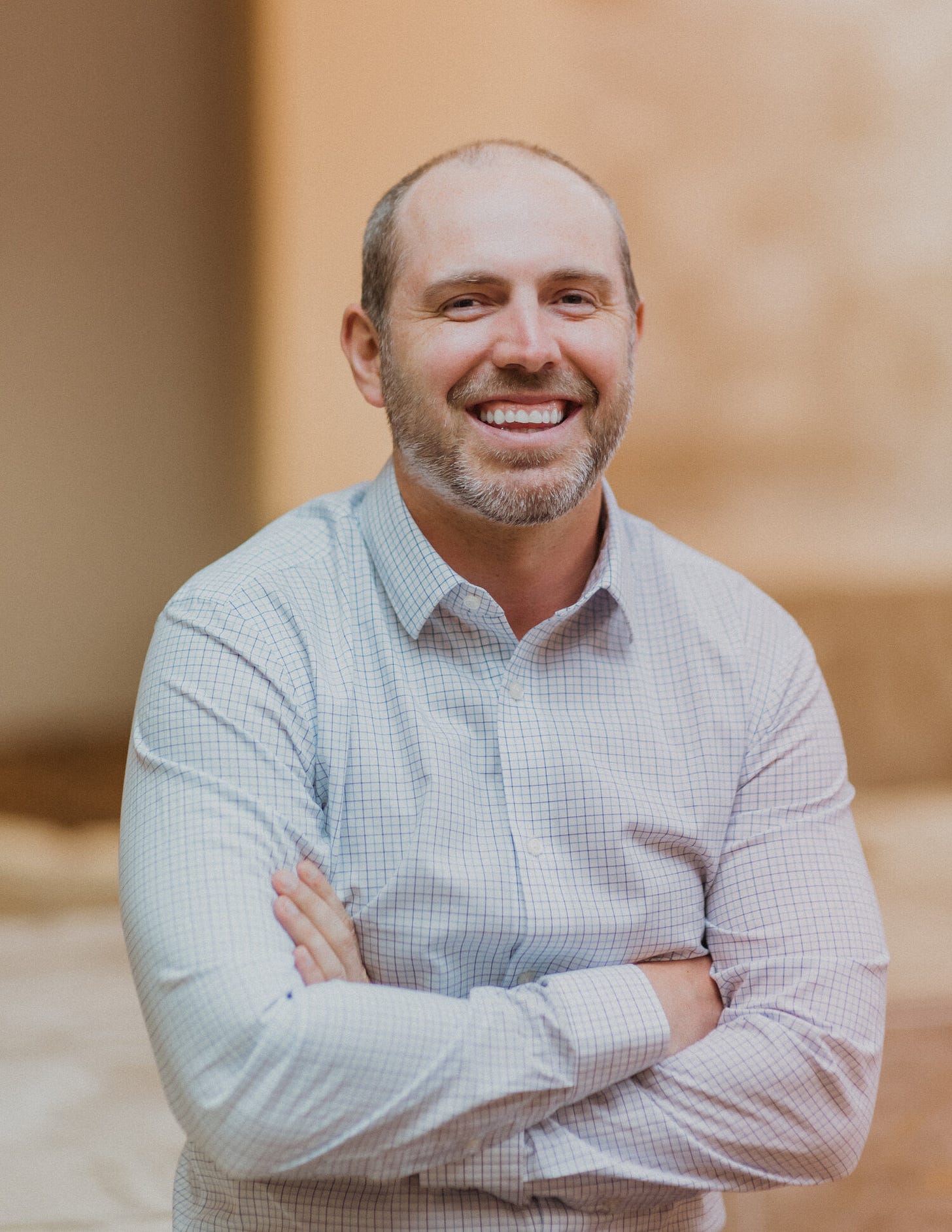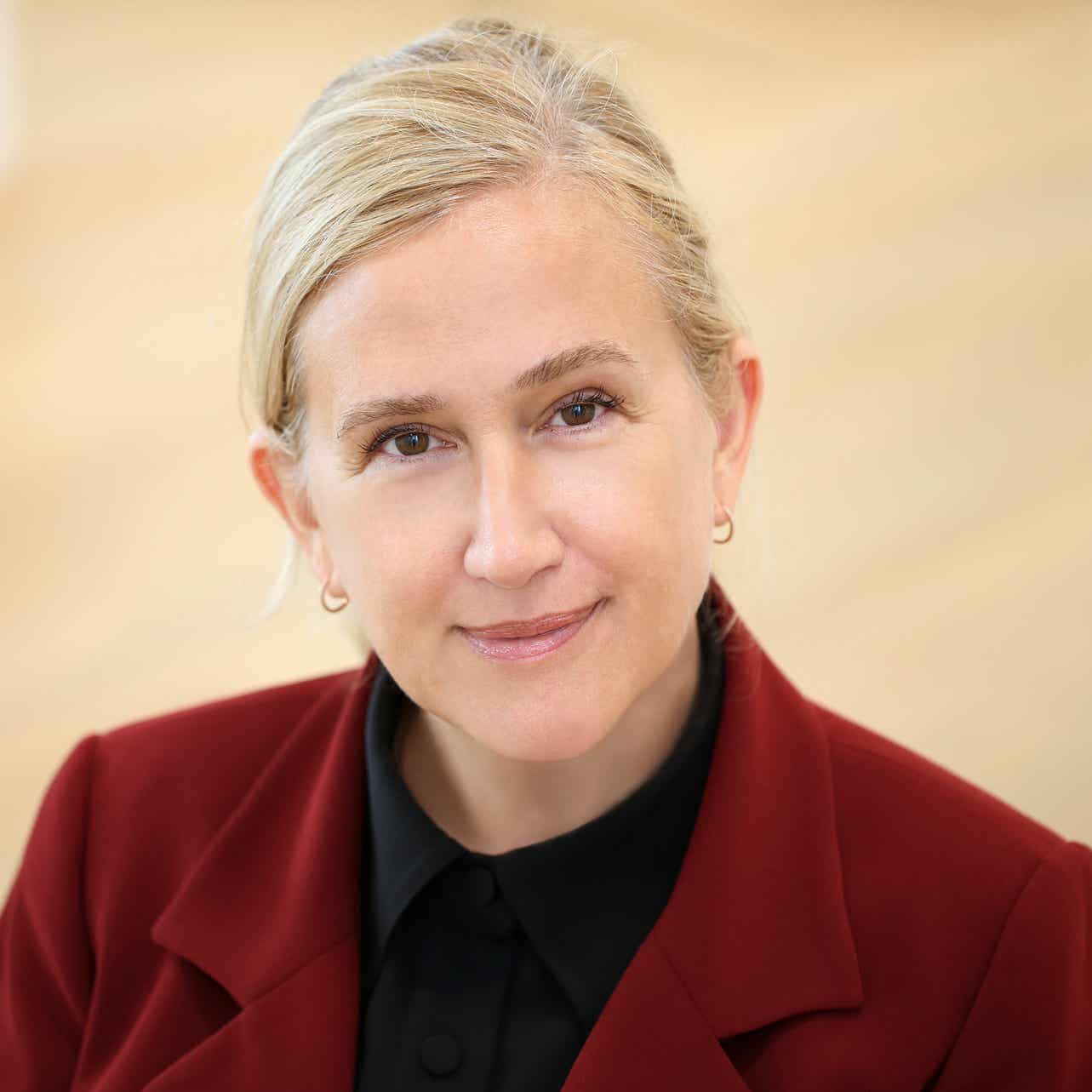Why medical cannabis should be covered by plans and payers: one doctor's view
Dr. Blake Pearson wants to make medical cannabis accessible to a broader patient population (400 words, 2.5 min)
NPC Healthbiz Weekly is presented to you in cooperation with Peak Pharma Solutions
When it comes to medical cannabis, “not enough people understand what’s being treated and who these patients are,” said Dr. Blake Pearson, practicing physician, medical educator, and founder of Greenly Health and Pearson Health, specialized medical clinics in Sarnia, Ont.
Dr. Pearson (photo below) spoke with NPC Podcast host Peter Brenders about what defines medical cannabis and its place in Canadian healthcare.
“If you’re treating a medical condition,” Dr. Pearson said, “that’s when you want to talk to a physician or a nurse practitioner and use a cannabinoid medicine.”
“You need targeted doses,” he explained. “I treat a lot of dementia patients, and we’re using CBD and THC to manage their behaviours.”
“THC is a good antispasmodic,” he said, and “there’s evidence for [using it to treat] MS spasticity.” In the United States, “a CBD medication was approved by the FDA to manage refractory epilepsy.” Cannabis for this use needs to be by prescription since “we’re using specific doses of THC and CBD to manage these conditions,” Dr. Pearson said.
But the cost of medical cannabis is a major barrier to use. “There’s no provincial drug coverage,” Dr. Pearson explained, “so a lot of physicians won’t bother [to write a medical document] because there’s no coverage. They know the patient can’t afford it.”
“We started the #CoverCannabis Project to hopefully one day get provincial coverage for kids with seizure disorders, for the kiddos with autism, for the dementia patients,” Dr. Pearson said. “These vulnerable patient populations shouldn’t have to pay out of pocket for medication that works for them.”
If coverage was just about helping patients, it would be a “slam dunk,” Dr. Pearson said. “We’re weaning off opiates; we’re weaning off harmful anti-psychotics in dementia populations. These are good things and alone should be a reason to cover [medical cannabis].”
“So yes, this helps a lot of people, but is it going to save the payers of the provinces money? That’s the big thing, what’s it going to cost,” he said.
“I actually am going to publish some data in the fall that shows this, but there’s a cost-saving effect. Because if you’re [using medical cannabis] to wean an opiate,” cannabis can also help with sleep or mood disorders, which overlap significantly in that patient group. “So you can wean their sleep medication, SSRIs or antidepressants—sometimes you’re able to wean three, four different medications,” Dr. Pearson explained.
“Once the provinces and the payers understand that cost-benefit,” he said, “hopefully there’ll be some more coverage.”
Further Reading: Even if medical cannabis isn’t covered by insurance, Canadians with a prescription can claim it as a deduction against federal income taxes. Read more.
LISTEN NOW
Hear the whole story: In this week’s episode of the NPC Podcast, our host, Peter Brenders, gets the medical perspective on cannabis from Dr. Blake Pearson, founder of Greenly Health. Listen in as they discuss funding cannabinoid research, medical education and the endocannabinoid system, and where medical cannabis fits into the Canadian pharma landscape.
WEEK 08/17/21
The Government of Canada announced an agreement with Moderna to build a biomanufacturing facility for mRNA vaccines in Canada. The partnership will provide Canadians will access to state-of-the-art vaccines and strengthen future pandemic response capabilities. A location for the facility has not yet been determined, but production is expected to begin by 2024.
Merck Canada has initiated a rolling submission to Health Canada for molnupiravir, an oral antiviral therapeutic being investigated as a treatment for Covid-19. Molnupiravir is being developed in collaboration with Ridgeback Biotherapeutics.
Precision NanoSystems (PNI) has announced the expansion of its global headquarters in Vancouver, BC. The new 75,000-square-foot facility, slated for completion in Q4 2022, will expand PNI’s capabilities to include clinical manufacturing of RNA vaccines and therapeutics.
CANADIAN HEALTHCARE MARKETING HALL OF FAME
The Canadian Healthcare Marketing Hall of Fame awards were established in 2002 to honour healthcare marketers who have contributed to our vocation and inspire others.
More than 100 honourees have been selected during the past 18 years. In the selection committee's view, they stand for a representative cross-section of the qualities that make our business unique and fulfilling. Each week, NPC Healthbiz Weekly will acknowledge one past Hall of Fame Honouree.
2017 Inductee
Ilona Torontali
Mississauga, Ont.
Editor’s Note: Ilona Torontali is now the Head of the Global Access Center of Excellence at Roche, Switzerland.
Ilona Torontali, a graduate in pharmacy from the University of Toronto, has had a career that has included positions as a hospital pharmacist, a retail pharmacist, a senior decision-maker in the Ontario government, and a manager in industry tasked with building professional relationships with pharmacy associations and colleges in Canada, among other responsibilities.
Now, as Vice President of Regulatory Affairs and Market Access at Roche Canada, she recognizes it is her responsibility to enable access to innovative therapies that offer significant benefits for Canadian patients, particularly in the oncology space, as much as possible.
“It’s our job in the pharmaceutical industry to make a compelling case for regulators and payors,” she says. “If the value proposition isn’t strong enough, then government—which has its sustainability challenges—will make decisions that correspond to that.”
Ilona joined Roche in 2003 as Vice President Public Affairs until shifting to her current position in 2015. Before joining Roche, she spent three years as Associate Director, Drugs Program Management with the Ministry of Health and Long-Term Care in the Ontario government. She worked with a talented team of professionals and a clinical expert committee to review drug submissions. She was also involved in key initiatives like the development of the Common Drug Review.
Ilona is proud to be associated with a firm that has made great strides in oncology therapeutics, such as the availability of Herceptin (trastuzumab) for breast cancer that is a Human Epidermal growth factor Receptor 2-positive (HER2+).
“I have had the opportunity to be along for a journey that has brought this powerhouse product and many others to cancer patients in Canada and has made such a difference,” she says. “It has been an amazing blessing.”
Roche’s research and development is aimed at bringing true innovation to the market. “You have to do big and bold things in science, or else no one will sit up and take notice,” Ilona says.
Personalized medicine is an immense focus at Roche and illustrates big and bold thinking in its science.
“As a company, we are moving into cancer immunology and looking at how to activate someone’s immune system to attack cancer cells and do that on a targeted basis. It is another exciting journey to be on, to see Roche’s research in that space.”
Energized by and engaged in her present position, she sees challenges and opportunities on the horizon and urges young pharmacists to consider the pharma industry as a career choice.
“I highly encourage pharmacists who are starting their careers to think about joining the [pharmaceutical] industry,” she says. “You can have a long, interesting, and challenging career path within the industry.”
STILL LISTENING? TRY ANOTHER PODCAST
And now for something completely different. As part of an educational series on dermatologic concerns in Black skin, Dr. Neil Shear, former Head of Dermatology at Sunnybrook Health Sciences Centre and founder of its Drug Safety Clinic, and Dr. Brian Carleton, Senior Clinician Scientist at BC Children’s Hospital Research Institute, discuss Stevens-Johnson syndrome (SJS), also known as toxic epidermal necrolysis (TEN). SJS/TEN is a drug-induced disease involving extensive blistering of the skin and a high risk of death—but genetic markers can help predict which patients it may occur. Tune in for a discussion of genetic screening and rare drug reactions.
NEXT WEEK
In the 08/24 edition of NPC Healthbiz Weekly, Dr. Jason Field, President and CEO of Life Sciences Ontario, weighs in on how vaccination politics affect the life sci environment. It’s easy to get your no-charge subscription and have the issue sent to your phone or inbox each Tuesday at 6:00 a.m. sharp.
Stay safe, stay sure, and stay on your game. We’ll see you again next week.




